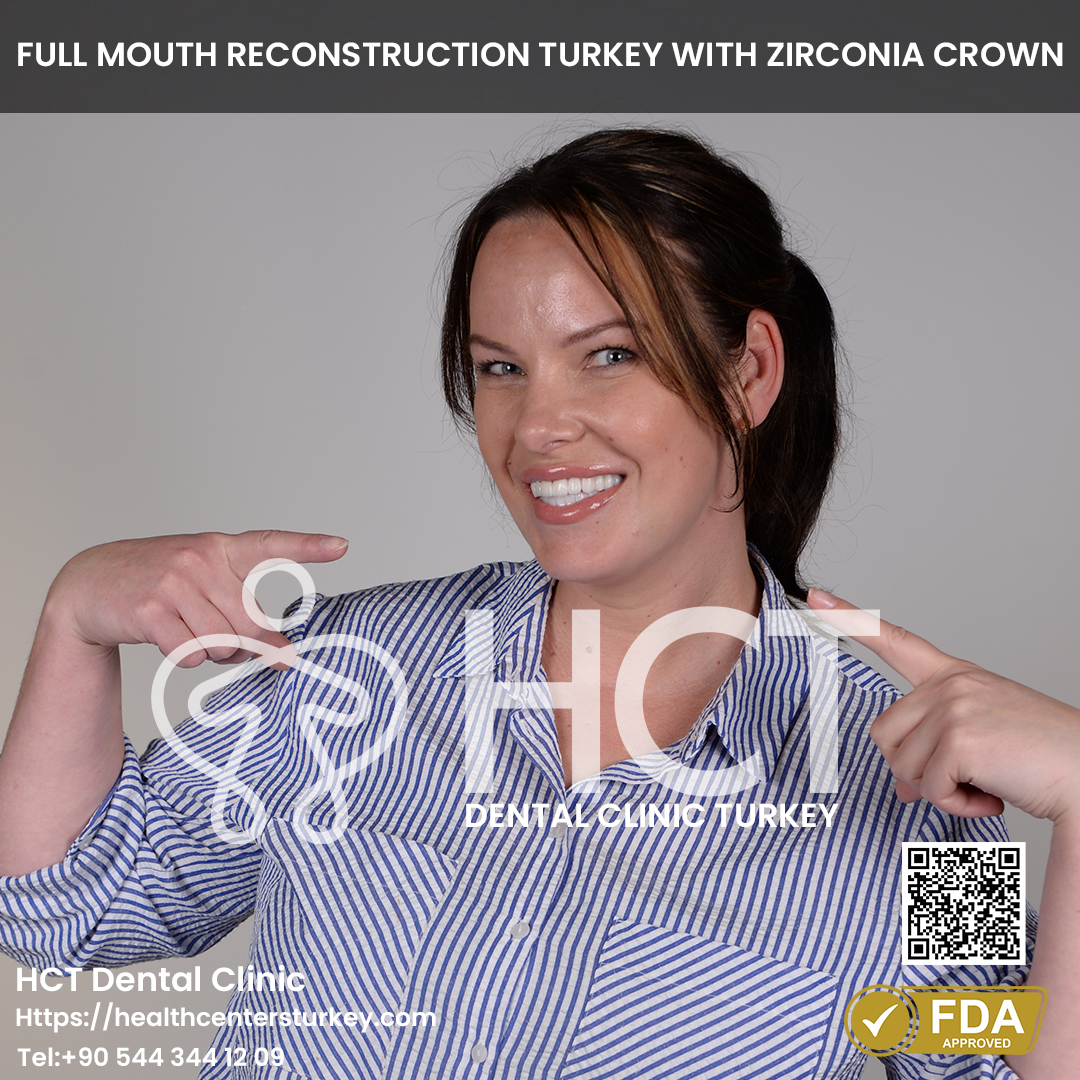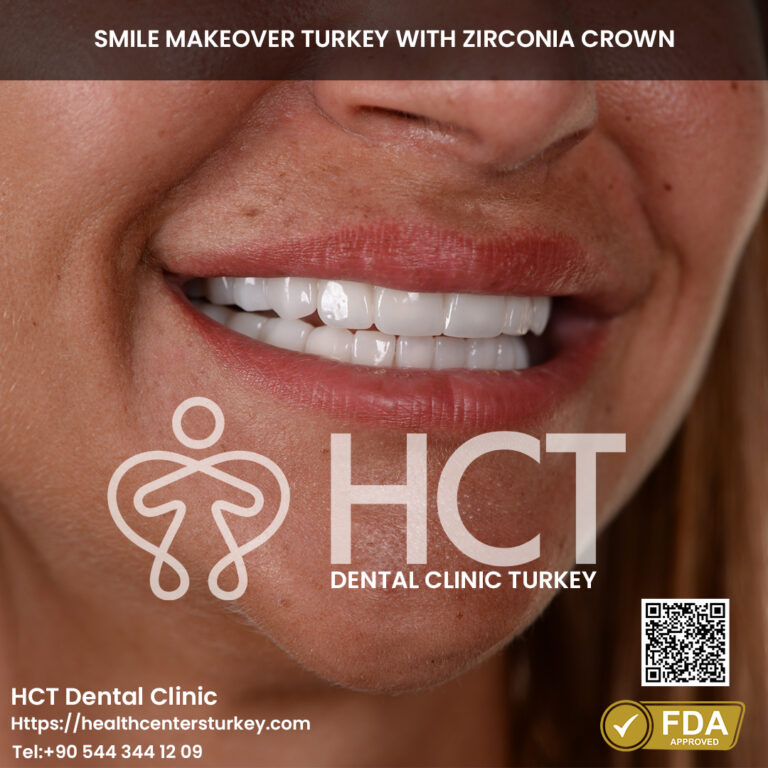Attain Your Best Smile with State-of-the-Art Dental Solutions in Turkey

Dental implants have turn out to be a focal point in fashionable dentistry, offering a dependable solution for those facing tooth loss. Among the a quantity of advantages they provide, one significant facet worth considering is their impact on adjacent teeth. Understanding how dental implants affect surrounding teeth aids in making knowledgeable selections about oral health.
When a tooth is misplaced, neighboring teeth can easily shift towards the space left behind. This movement can result in misalignment, which compromises the overall chew and performance of the mouth. Dental implants mimic natural tooth roots, thereby maintaining the position of adjacent teeth.
Affordable Dental Treatments offered in Turkey to global patients
The stability provided by an implant is essential, as it helps in preserving not just the bodily alignment but also the structural integrity of the jawbone. When a tooth is missing, the underlying bone can begin to deteriorate due to lack of stimulation. An implant exerts strain on the bone throughout chewing, similar to a natural tooth, which promotes bone health.
In some instances, a bridge or partial denture could additionally be considered as a substitute for implants. While these choices may restore some functionality, they will place extra stress on neighboring teeth. Bridges usually require filing down the encompassing teeth to accommodate the anchors, thereby affecting their health over time. Dental implants, on the opposite hand, do not alter existing teeth, making them a more conservative alternative.
Choosing the Right Dental Clinic in Turkey
Hygiene turns into one other critical factor when contemplating adjacent teeth within the context of implants. With dental implants, the person can maintain a daily hygiene routine just like natural teeth. Flossing and brushing across the implant are easy, ensuring that the gum tissue remains healthy and minimizing the danger of gum disease that would adversely affect adjacent teeth.
Moreover, the supplies used in dental implants are biocompatible. This means they're designed to combine properly with the body, decreasing the possibilities of an adverse reaction. This attribute not solely makes the implant secure but also protects close by teeth from potential points that could arise as a end result of contamination or infection.
In phrases of aesthetics, dental implants provide a natural feel and appear, carefully resembling authentic teeth. Adjacent teeth benefit from this aesthetic appeal as well. When an implant is positioned, the encircling gum tissue may be formed to imitate natural contours, thereby enhancing the general appearance of the smile. This aesthetic issue can encourage people to put money into their oral care routines, benefiting both the implants and adjacent teeth in the long term.
Benefits of Dental Treatments in Turkey including International Patients
Another concern is the potential for gum disease, which may have an effect on the health of adjacent teeth. Gum disease can occur when plaque builds up around teeth and implants. Regular dental visits and applicable oral hygiene can mitigate this concern. The presence of implants also can serve as a motivator for better dental hygiene practices, as individuals become extra aware of maintaining their overall mouth health.
Studies have shown that dental implants can contribute to a significant enchancment in quality of life. Patients typically experience increased confidence and are less hesitant to smile or engage in social interactions. A wholesome and well-maintained smile not directly promotes higher care for adjacent teeth, as people tend to become more conscious of their general oral hygiene.
One often-overlooked aspect is the psychological impression of dental implants on patients. Knowing that implants offer long-term options can ease the anxiousness associated with tooth loss. With fewer worries about future tooth shifts, patients are more likely to make investments time and effort into caring for their teeth, which incorporates adjacent teeth.
In conclusion, dental implants function more than only a answer for missing teeth; they play a pivotal role in sustaining the health and integrity of adjacent teeth. From preventing misalignment to selling gum health and enhancing aesthetics, the advantages are manifold. By opting for implants, people cannot only restore performance but also foster a more More hints healthy oral surroundings for surrounding teeth. The psychological and aesthetic advantages additional contribute to an overall enhanced quality of life.
Discover Your Path to a Beautiful Smile with High-Quality Dental Care
In the long term, understanding how dental implants affect adjacent teeth can guide people in making empowered decisions concerning their dental health. The integration of these implants into the mouth acts as a stabilizing force, safeguarding each the physical alignment and performance of neighboring teeth, while selling a long-lasting, healthy smile.
- Dental implants sometimes don't exert strain on adjacent teeth, sustaining their integrity and decreasing the chance of shifting or misalignment.
- The placement of an implant typically encourages higher oral hygiene habits, positively influencing the health of adjacent teeth via improved cleansing practices.
Expert Dentists Providing Trusted Care in Turkey
- In some instances, dental implants can stimulate the surrounding bone, which helps protect the natural teeth's place and general dental structure.

- The gap left by missing teeth can lead to bone loss; dental implants can prevent this, thereby protecting adjacent teeth from potential complications.
- Receive World-Class Dental Care at Affordable Prices
Discover Affordable Dental Treatments across Turkey
- By restoring the function of a missing tooth, implants help distribute chunk forces evenly, decreasing wear and stress on neighboring teeth.
- Properly placed dental implants can act as a support structure, preventing unwanted movement of adjacent teeth resulting from tooth loss.
- The presence of an implant may enhance the aesthetic appearance of surrounding teeth by filling in gaps and supporting facial structure.
Enhance Your Teeth using Creative Dental Practices in Turkey
- Dental implants eliminate the need for adjacent teeth alteration, unlike bridges, which require reshaping the nearby teeth for support.
- Implants also reduce the risk of gum disease in comparison with different tooth replacement choices, not directly benefiting adjacent teeth by selling general oral health.
Remarkable Dental Care Experiences for Tourists.
- Long-term success of dental implants is linked to the health of surrounding teeth, emphasizing the significance of normal dental check-ups and maintenance.
How do dental implants affect adjacent teeth?
Complete Overview about Dental Tourism in Turkey
What are dental implants and how do they work with adjacent teeth?undefinedDental implants are artificial tooth roots placed into the jawbone to support replacement teeth. They don’t affect adjacent teeth directly, as they are independent constructions. Instead, they may help preserve the integrity of surrounding teeth by stopping bone loss.
Can dental implants trigger injury to adjacent teeth?undefinedIf placed correctly, dental implants should not hurt adjacent teeth. However, improper placement can result in points like misalignment or strain, emphasizing the importance of choosing an experienced dental skilled.
Will dental implants promote bone development around adjacent teeth?undefinedYes, dental implants help stimulate the jawbone, which can encourage bone development. This can profit adjacent teeth by maintaining bone density and stability in the space.
Achieving a Stunning Smile with Implants and Veneers
Should I worry about gum disease affecting adjacent teeth after getting an implant?undefinedGood oral hygiene is essential after getting an implant. Gum disease can still have an result on adjacent teeth, however a properly maintained implant does not enhance that risk. Regular dental visits may help monitor and keep gum health.
What happens to adjacent teeth if I lose a dental implant?undefinedIf a dental implant fails or is misplaced, adjacent teeth could shift due to modifications in bite alignment and assist structure. This might lead to misalignment or extra tooth loss if not addressed.
Are there any particular care requirements for adjacent teeth after getting implants?undefinedMaintaining good oral hygiene practices, together with common brushing, flossing, and dental check-ups, is essential for each dental implants and adjacent teeth to stop decay and gum disease.
Premium Cosmetic Veneers for a Stunning Smile in Turkey
Do dental implants assist help adjacent teeth when chewing?undefinedAbsolutely. Implants can improve total bite operate, which may alleviate stress on adjacent teeth during chewing. This can result in better distribution of forces, selling oral health.
How can I prevent problems with adjacent teeth and implants?undefinedConsistent dental care, including skilled cleanings and examinations, regular brushing and flossing, this article and following your dentist’s aftercare directions, are key to preventing issues.
Can adjacent teeth transfer if I have a dental implant?undefinedAdjacent teeth could move if they are not well-supported, particularly after tooth loss. A dental implant helps keep the structure, reducing the danger of shifting teeth.